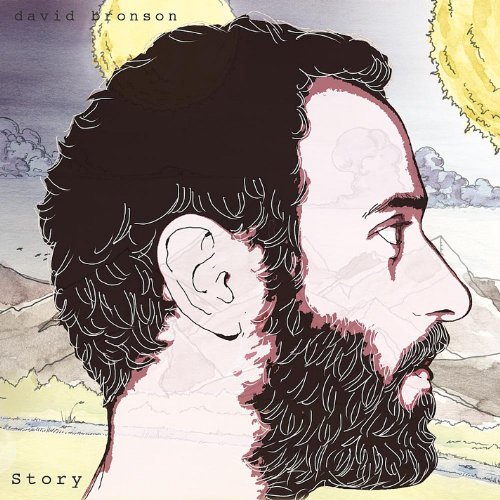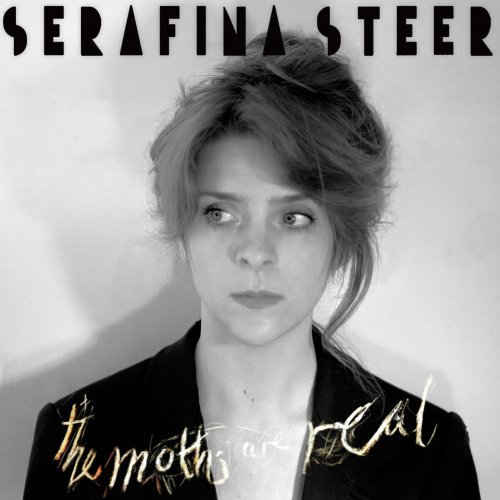It’s last Thursday and I am in the subway vehicle. The woman next to me smells of soap and chocolate. She wears boots made of some animal rug and her book’s cover has too many colours. With damp indifference, maybe to reciprocate my judgement or something, her lungs kick out, causing massive spasmodic bodily contortion. The woman coughs fiercely without covering. Wet viral swarming atomic structures make a beeline for my nostrils and immune system. It’s fucking hideous. Turning 90 degrees to inhale relatively pure air, I hold breath for 40-45 seconds before resuming normal practice. The world, and the woman, carry on, oblivious. Why can’t we communicate our bugging fears and annoyances?
There are - besides the fact Arc was at that point in my ears, and I fancy having a little egocentric bitch about inconsiderate public transport users - a couple of reasons that all this is pertinent. The first is the issue of judgement; I understand what you think of when you think of Everything Everything. Glossy Manc swot-rock. Anaemic falsetto. Ivor Novello nomination. Some Guardian award. Mercury Prize dropouts. Bit Foalsy. Bit Coldplay. Bit annoying. Bit conversational-French-on-CV. Bit vegetarian. Bit pop-culture degree. Lyrics? Bit fancy. Something about Faraday cages. Probably not the new Radiohead. Yawn. Bit noisy. Bit T4. Bit 2010. Indeed, when Jonathon Higgs opens his mouth, unleashing on your orifices a hail of incomprehensible polysyllabic fluid, you probably wish he’d covered it.
Hold that horse, however, because EE’s second LP, Arc, ought to warrant adjustment of your viewing lens. It reveals something that was previously swept up in the hurricaine of hype and the hyperactivity, namely that Everything Everything make perhaps the most beautifully uncool and giddy and vital, unironic indie pop the current market possesses. Hell, Higgs’ frenetic yelps pretty much embody giddiness. But to convey what? Complex narratives and characters that don’t know how to talk to one another. Hyper-realism that eschews the tropes of detached, mindless, self-absorbed, irony-as-routine indie-rock. Generational despair. Unspeakable depression. What redeems, then, is the sense of directness and universality: the four piece are making major waves in the indie pool, despite sounding not so much like Paul Epworth’s early-noughties output as a spiralling jet plane crash-landing containing The Neptunes, Talking Heads and Tune-Yards. It’s still a sexy, artful, ADD mess. But this time, on Arc, it’s their mess, and EE’s big brainful of ideas is panoramic, rather than parasitic.
Of course, all the highfalutin critic-bait would be an irrelevance without backup from Arc’s ear-bending lyrical heft. These are songs about things you notice as the world ends. The big issues, then: gossip-column headings, failed relationships, slacker complacency, animal extinction, sex, sorcery and, occasionally, the fact the world is ending. Which brings us neatly back to the problem with modern-day communication. “You can make a difference so easy / You can make a difference but you don’t, don’t... You never tell me anything real,” hollers ‘Radiant’, echoing ‘Undrowned’s admission that “there’s so much to talk about that we don’t talk about”. That song’s opening verse, meanwhile, a cocktail of barely-decipherable observational esoterica, is bizarrely amusing enough to invite closer inspection:
“First boy, I think you should know,
If you try hard then you might get a part as a
Doe-eyed, impressionist mime,
Bare as the lives of the footballers' wives
That surround you, their diamonds aloft,
A system of pistons, arachnid and blistered
A billboard, a murder of crows
While princes fly drones that can see through your bones”
It is, if you like, Thom Yorke with a fun transplant. All the necessary introversion, dread and paranoia of an important modern work, in a package of camp backing vocals and euphoric, anxious funk. Indeed, beneath the social parody and gaudy rhythms, here is a band with the songwriting chops to write a better Coldplay album than Coldplay. Take ‘Don’t Try’, a moving finale that firebombs the taboo of male depression, as Alex Robertshaw’s heavenly plectrum riffs on the lyrical cloud’s silver lining. There’s romance, shared (“I wanna take you home, and find some new joy in this autopilot land” - ‘Armourland’), and divorced (“You take the family, I’ll take the car” - ‘The House is Dust’). There’s middle-class guilt and liberal responsibility and an all-questioning sense of restless beatific curiosity. Are you receptive to the big questions, EE ask? Could you talk for hours about love and death? Is your sense of humour ravenous? If not, it’s unlikely you’re an ideal candidate. For the rest of us, however, Arc is an album with which deep engagement will reward and delight in equal measure.
-
8Jazz Monroe's Score






















